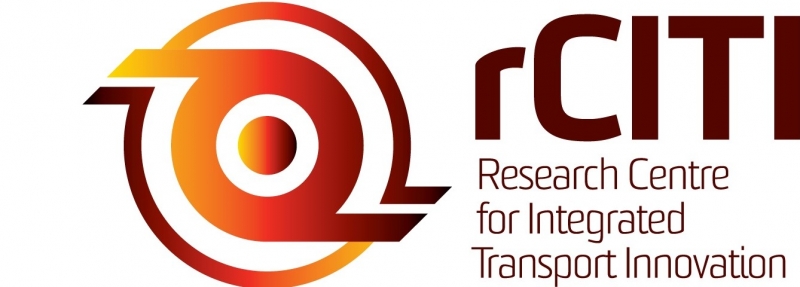2019
2019 was a steady year for rCITI. Our collective funding income for 2019 was $1.6 Million, we graduated 5 PhD and 1 MPhil students, published 62 refereed journal and 9 Conference referred papers. Our 18 research and academic staff supervised and supported 27 PhD, 1 practicumm, 22 Masters by Coursework and 54 Honours students.
rCITI welcomed 2 new staff and said farewell to 7 staff. We hosted 7 international speakers/researchers, 2 workshops and our staff presented at 15 local and international conferences.
rCITI’s capabilities are quite broad, these include Behaviour under Risk & Uncertainty; Econometrics; Environmental Engineering Modelling; Epidemiology; Experimental Economics; Human Factors; Integrated Transport Optimisation and Planning; Network modelling; Role of global transport systems in the spread of contagious diseases; Pedestrian Crowd Modelling; Traffic Flow Theory; Traffic Safety Work-zone Management; Transport Planning and Transportation & Freight Services, Housing Markets, Land Use & Environmental Planning.
 Academics and researchers of rCITI have continued to expand critical knowledge-base by developing transport software and methodologies that leverage emerging data science techniques as well as the quantification of travel behaviour impacts of disruptive technologies.
Academics and researchers of rCITI have continued to expand critical knowledge-base by developing transport software and methodologies that leverage emerging data science techniques as well as the quantification of travel behaviour impacts of disruptive technologies.
rCITI has undergone a brand refresh in collaboration with UNSW branding and a designer. A new logo has been developed to reflect rCITI’s progress and evolution as well as symbolise the connectedness into the future. In addition, material such as PPP and letter head have been developed. The logo and branding encapsulate well rCITI’s young history in conjunction with our collective aspirations for the future. UNSW released new branding guidelines for PPP, brochures etc. at the completion of the brand refresh and the centre is working with UNSW branding to identify if any new material may need to be revised. The new logo is shown to the right.




